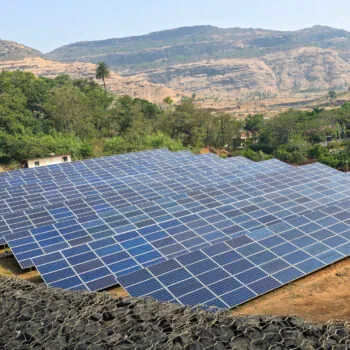Italy is one of Europe’s renewable energy and energy efficiency champions. This report analyses how national conditions and political system shape a deepened transition to a low carbon economy and society. It identifies opportunities to boost Italy’s role in the European low carbon transition.
Italy is the world’s eighth largest economy, the third largest in the Eurozone and will soon be the third largest EU Member State after the UK exits the European Union. Italy’s economy is gradually recovering from a fierce recession that shook its foundations and hit hard its small and medium sized businesses (SMEs) and finance sector, leading to high levels of youth unemployment and emigration of skilled labour.
In this context, it has largely gone unnoticed in the rest of Europe that Italy is one of its renewable energy and energy efficiency champions. Its energy intensity is 18% lower than the EU 28 average; and it is the second largest producer of renewable energy in Europe. As one of the most climate vulnerable countries in the EU, it stands to gain a double-benefit from strong climate action in the EU by both promoting its clean industry and protecting its citizens from climate impacts.
Inherent tensions in Italy’s complex political system prevents its national government from taking a more proactive position to promote a clean economy transition at home and in the EU; and its domestic transition is slowed down by a traditionally strong relationship with largely less progressive companies and a weak financial system failing to support more innovative business models. More recently, one of Italy’s largest energy companies has however embraced a strategy away from fossil fuels, including gas, opening the debate about the country’s energy future.
Opportunities to advance Italy’s national transition and enhance its impact in the EU are manifold nonetheless – EU institutions, policies and funding can act as a supporter to the country’s ambitious regions; help remove structural barriers in the finance sector and set ambitious legislative targets for the transport and energy sector to provide long term certainty to investors.
Italy is a committed member of the EU and has recently sharpened its international profile on climate change through its G7 presidency in 2017 and its commitment to phase out coal. As such, other EU countries can support Italy in upholding its legacy and maintaining this new profile as a reliable global and European partner on climate change.


